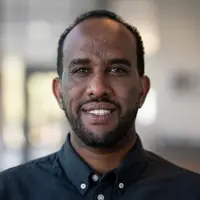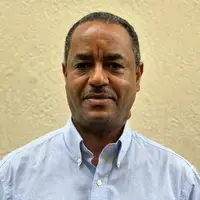Insights
Water for Peace: Following the Lead of Local Partners
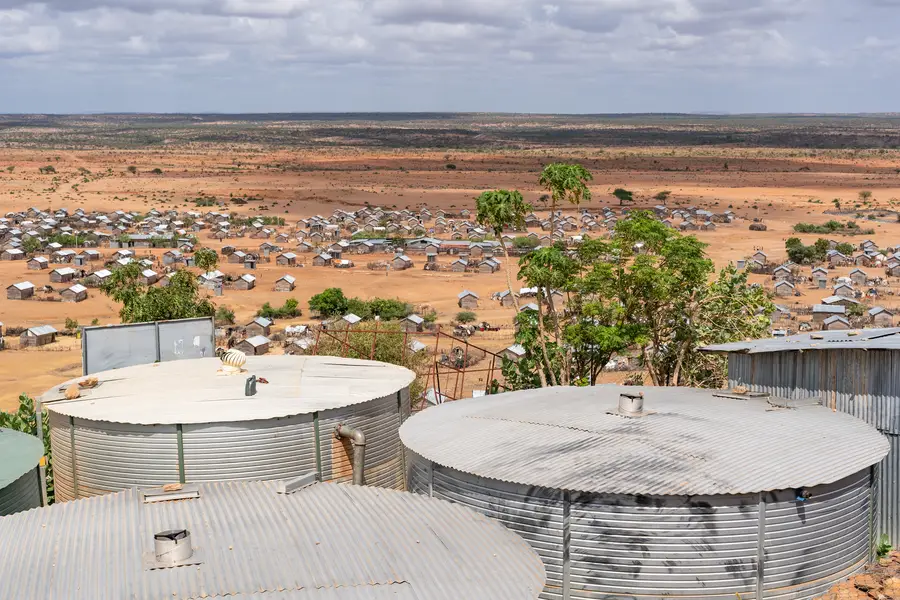
In the heart of East Africa lies the Mandera Triangle, a region where formal borders hold little meaning for pastoralist communities that have roamed these lands for centuries. Their livelihoods revolve around the search for water and pasture across parts of Ethiopia, Kenya, and Somalia.
Water, considered the most precious and prioritized resource in this arid region for drinking and domestic use (including taps), remains largely unavailable. Climate change is further exacerbating water access for pastoralists, putting additional pressure on an already fragile resource and fueling conflict over access and control of water points.
Effective water management is pivotal for the continued existence of these communities. When managed sustainably and equitably, water can also serve as a foundation for peacebuilding and development. Achieving this requires greater investment in climate-proof, evidence-based solutions for water that facilitate peace and cooperation.
The Challenge
Natural disasters are a hallmark of life in this region, where recently the frequency of droughts has doubled and short spurts of intense rainfall regularly lead to flash flooding. From 2020-2023, the region faced its worst drought in 40 years – a drought both caused and intensified by climate change.
Influxes of refugees and internally displaced people fleeing drought and conflict in other areas have also added to the pressure, exacerbating competition for water resources. Disputes over water access often escalate into violent clashes between groups. Over-use of water points can also spread disease among humans and livestock.
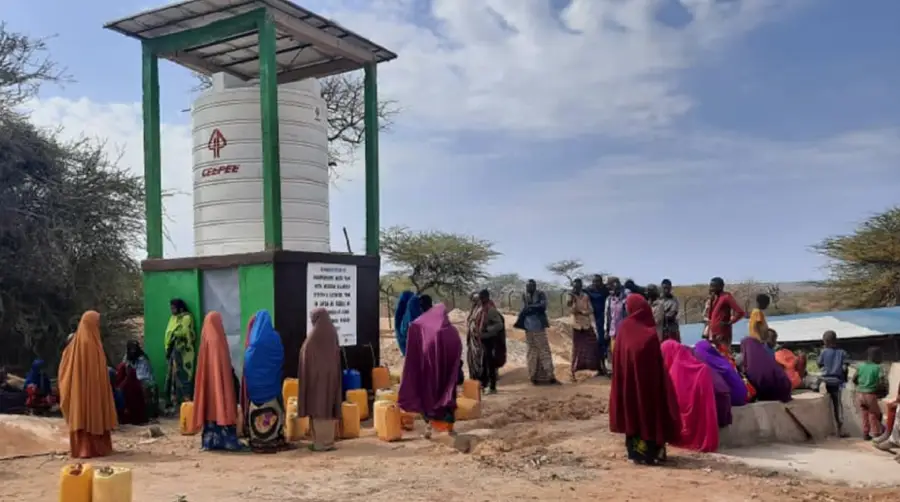
Photo credit: Rural Agency for Community Development and Assistance (RACIDA)
The Opportunity
A water-centered development approach can help transform conflict into cooperation. By involving customary institutions, like elders and clan and community leaders, and fostering community dialogue, local organizations like the Rural Agency for Community Development and Assistance (RACIDA) are leveraging water as a catalyst for peace and development.
In Ethiopia and Kenya, RACIDA is using water as an entry point for facilitating dialogue, relationships building, and development among pastoralist communities. As a partner on the USAID Climate Resilient Water, Sanitation, and Hygiene (CR WASH) Activity in Ethiopia, RACIDA is helping communities restore and maintain water points that previously weren’t functioning and establishing or revitalizing community management structures that include local elders and clan leaders.
Local Partners Lead the Way
Tailored interventions that consider the unique dynamics and trigger points in regions like this are essential. Development practitioners must take care when designing them – the principle of “do no harm” is paramount when working in fragile areas, especially pastoralist ones.
By considering factors like mobility, which can lessen environmental degradation and facilitate effective management of open-range resources like water, we can help create sustainable solutions that reflect pastoralist community needs, priorities, and capacities – and that build a foundation for peace.
Before improving a strategic water point, projects like CR WASH can enable sustainability by mapping the community groups and networks present and seeking a greater understanding of dynamics around ownership and disputed areas as well as the customary institutions and clan groups active in an area.
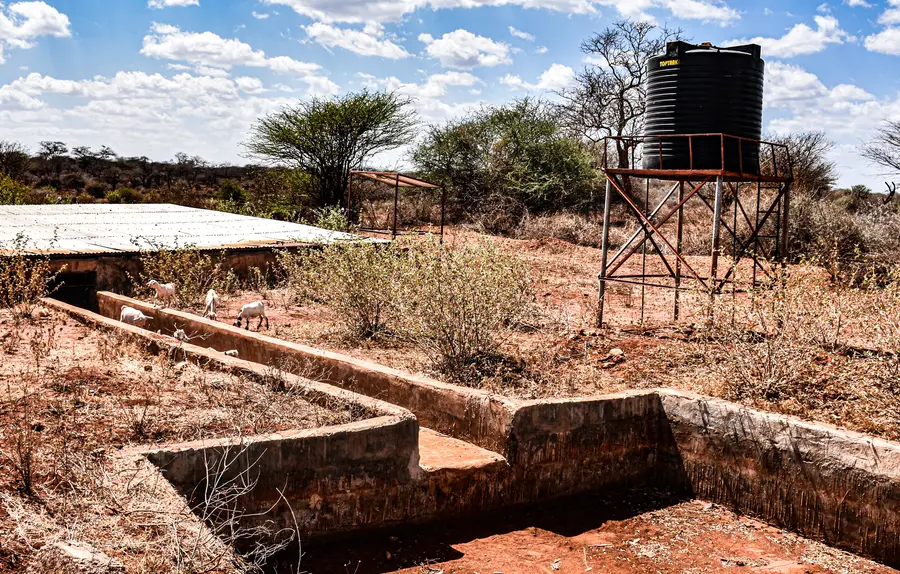
Photo credit: Rural Agency for Community Development and Assistance (RACIDA)
Local partners like RACIDA play a crucial role in helping us understand these elements due to their established trust within and a deep understanding of the area. Together, we can plan effective, evidence-based interventions that improve water management without exacerbating conflict and, in many cases, reducing it.
RACIDA has exemplified this approach through participatory planning and community engagement. It has facilitated participatory mapping of water points in pastoral communities in Kenya and Ethiopia to help them clearly identify water demand and availability. This information, along with RACIDA’s support to build the capacity of customary institutions in these areas, is helping improve management and use of this shared resource.
Water for Peace
In the face of climate change and resource scarcity, water has the potential to foster cooperation and harmony in fragile areas. By investing in climate-proof, evidence-based solutions that lay the foundation for peace and by following the lead of local partners, we can harness the transformative power of water for peace.
Learn more about RTI’s work to increase access to improved water supply, sanitation, and hygiene (WASH) services.
Editor’s Note: This blog was originally published for World Water Day 2024. Minor adjustments have been made to shift the focus to the leadership role that local partners play in implementing climate-proof, evidence-based solutions. These solutions facilitate peace and cooperation in the face of increasing climate change impacts in the region, such as more severe and frequent droughts.
Disclaimer: This piece was written by Mohamed Abdinoor (Chief of Party), Petros B. Aklil (Climate Resilient WASH Advisor ), and Rural Agency for Community Development and Assistance (RACIDA) Team to share perspectives on a topic of interest. Expression of opinions within are those of the author or authors.
